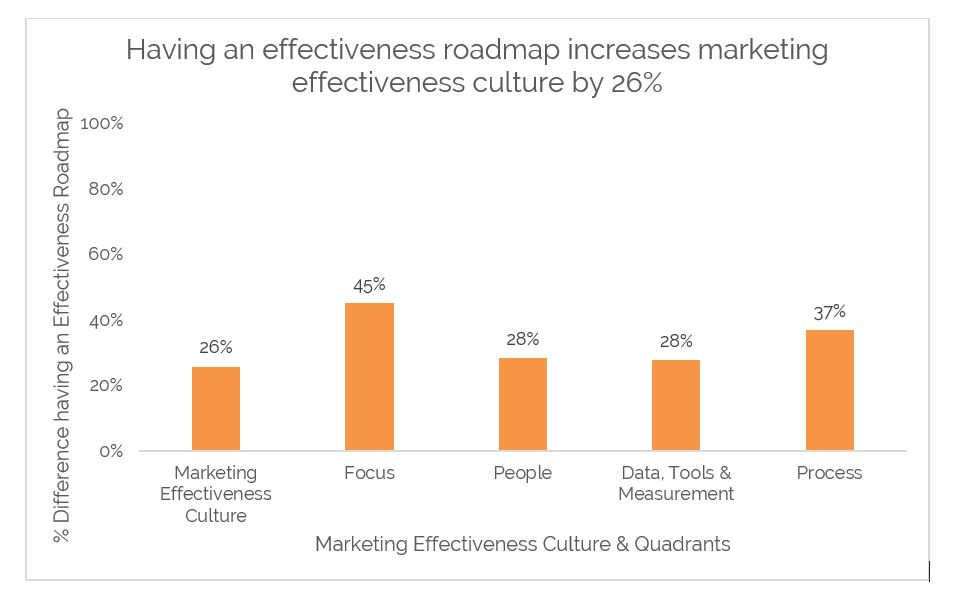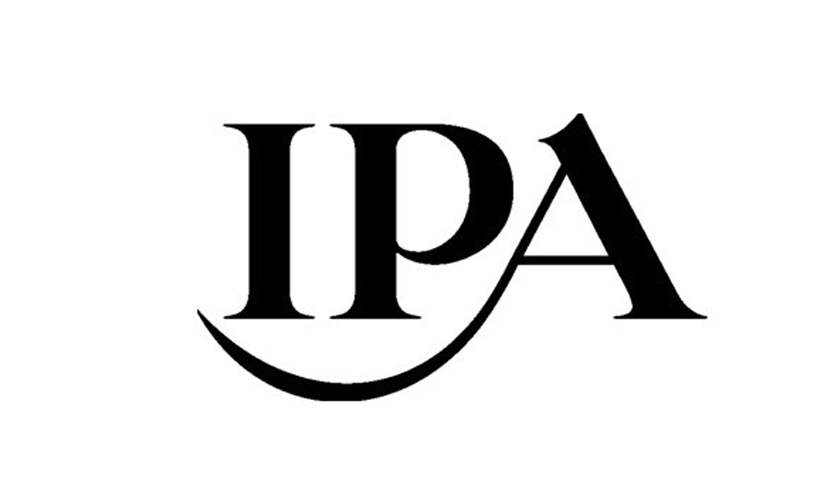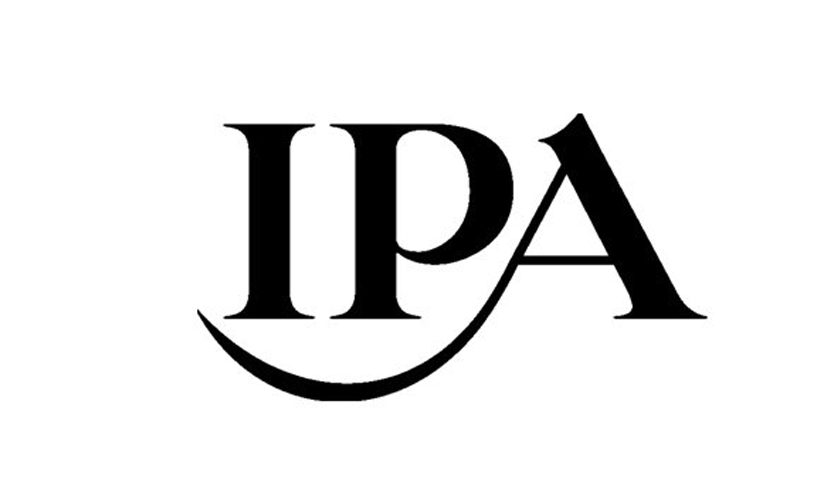The marketing effectiveness culture of the industry – both on the agency and brand-side – looks to be in a strong position at the surface level, but there is significant work that can be done at a deeper level to boost business performance, most significantly through agencies and brands creating effectiveness roadmaps.
This is according to findings from the inaugural IPA Effectiveness Culture Monitor, supported by ISBA. Alongside the publication of the Monitor, the IPA has announced the names of the 19 successful IPA Effectiveness Accredited agencies, who are leading the way in this area.
The IPA Effectiveness Culture Monitor defines marketing effectiveness as: “The process of improving business performance from marketing activities, made easier and more impactful by people, technology, and a strong and clear focus.”
How well organisations rate their performance against this definition, and against the quadrants of Focus / Process / People / Data Tools & Measurement* sets their effectiveness culture which the IPA believes has a strong influence on their business success. By analysing organisations’ performance across these quadrants, it is possible to identify ways to improve the industry’s marketing effectiveness culture.
Core findings:
State of industry’s marketing effectiveness culture is healthy overall
The surveyed agencies rate their overall average marketing effectiveness culture at 7.3 out of 10. Brands rate theirs fractionally lower at 6.9 out of 10. Although the spectrum across each set of respondents ranges from 2 to 10.
Starting the effectiveness journey boosts an organisation’s effectiveness culture immediately
The marketing effectiveness culture score of organisations increases from 3.7 among those who have yet to start, to 7.0 out of 10 once they have begun.
Buy-in from senior leaders to an effectiveness approach is a key driver of the culture score improvement across brand owners and agencies
The Effectiveness Monitor Culture scores increase from 5.7 when there is no senior buy-in to 7.4 (for brand respondents) when those values are shared by the leadership. For agencies the uplift is from 4.2 to 8.1.
More brands and agencies need to invest in creating a marketing effectiveness roadmap
An effectiveness roadmap is about having a coherent strategy and plan for continual improvement to business value across four quadrants: Focus / Process / People / Data Tools & Measurement, which is understood by the organisation as a whole.
Nearly half (49%) of respondents state that their organisation has a marketing effectiveness roadmap; 22% do not and the rest are unsure. The Monitor demonstrates, however, that there are major benefits to creating this path for both groups.
Having an effectiveness roadmap positively increases marketing effectiveness culture scores by 26%
Where respondents claim their organisation or agency has an effectiveness roadmap, the marketing effectiveness culture scores 26% higher – from 6.2 to 7.7 There are also increases across all of the four quadrants with the most sizeable in Focus – having that clear vision which understands the levers to impact and value – from 5.4 to 7.8 out of 10.

Brands with an effectiveness roadmap are more likely to balance long and short-term value and consider long-term value crucial
Existing IPA evidence reveals that a balanced long-term and short-term approach to value creation leads to superior growth for brands. This new data suggests that having an effectiveness roadmap helps deliver this approach.
In comparison to where there is no effectiveness roadmap, respondents that report their organisation as having one are:
- More likely to agree (+55%) that a balanced short and long-term approach is best for value creation
- More likely to agree (38%) that long-term brand effects are considered crucial.
Opportunity for agencies exists to become a stronger partner with their clients to show them the road to value
Over half of brand owner respondents who state their organisation does not have an effectiveness roadmap, are either reliant on agencies helping them to measure the value of their marketing investment, or are open to the idea of agencies playing that role. Once agencies have set their own effectiveness roadmap, the opportunity is there to become a key partner to their clients do to the same.
If an effectiveness roadmap does not exist with a brand or agency, there are 5 sets of key questions, relating to each effectiveness quadrant, that an organisation should ask itself
These questions, alongside the findings, will be discussed in detail at the upcoming IPA EffWorks Global 2021 Conference taking place from 12-15 October for which free virtual tickets, and paid-for, in-person conference tickets are available. The research will also be published in a new report, to be launched on 12 October.
Says Janet Hull OBE, IPA Director of Marketing Strategy and Executive Director IPA EffWorks:
It is most encouraging to see that according to these agencies and brands, there are so many that are understanding and realising the impact that a focus in marketing effectiveness can bring.
This is our benchmark year so we would like to be able look back and report that more organisations have started their effectiveness journey and, hopefully, that there is better understanding across brands and agencies in what effectiveness means to them, and what the roadmap to increased value looks like. As part of our ongoing EffWorks Global mission we will continue to drive research and development to help our industry improve.”
Alongside the results of the IPA Effectiveness Culture Monitor, the IPA has also announced the inaugural list of agencies that have achieved IPA Effectiveness Accreditation who are leading the way in effectiveness from the agency side.
Findings from Culture Monitor and lessons from successfully IPA Accredited agencies will be analysed at IPA Eff Works Global 2021 conference from 12-15 October. The findings of the Monitor will also be published in a free new report to be published on 12 October, with paid-for, bespoke reports also available to those who took part in the survey.
The aim of the IPA Effectiveness Culture Monitor is to provide a practical and diagnostic understanding of the state of marketing effectiveness; an assessment against each of the four marketing effectiveness pillars (People, Process, Focus and Data, Tools & Measurement) – evidencing which pillars need priority focus to improve marketing effectiveness culture; and an industry benchmark and a comparison to peers, showing how marketing effectiveness is evolving year-on-year.
The definition of each marketing effectiveness quadrant:
- The marketing effectiveness process: the cycle of increased marketing intelligence, to decision making, activation of marketing activities, measurement, and improved business results.
- Marketing effectiveness focus: a clear vision to marketing effectiveness complete with a roadmap that explains how each step will create sustained business value.
- People (buy-in and empowerment): Buy-in at top and senior levels, defined roles and responsibilities, training on effectiveness capabilities, limiting resistance to change, and a focus on continuous learning and improvement.
- Data, tools & measurement: An effectiveness capabilities ecosystem creating increasingly relevant and impactful marketing intelligence, and being fed by quality, accurate and timely data.
178 responses were received from 91 different brands and agencies (37 brands and 54 agencies).
The study was carried out by Go Ignite Consulting’s Nick Milne – a former O2 and Samsung effectiveness expert.
EffWorks Global 2021 is a week-long celebration of the best new thinking and evidence-based decision making research for marketing effectiveness in the world. Everything revealed throughout the week is designed to help boost business performance through making marketing work harder. With new evidence in the areas of:
- Marketing Marketing: Share of Search, Effectiveness Culture and Learnings from Covid-19
- Managing Marketing: Effectiveness from Creativity, Brand Purpose, and in B2B
- Monitoring Marketing: New frontiers in measurement, new learnings from effectiveness databank


